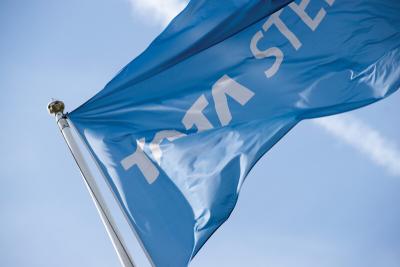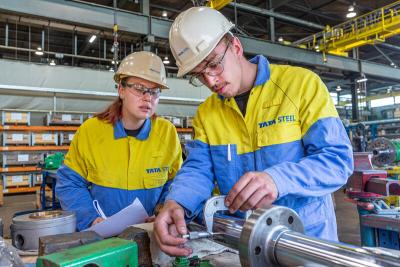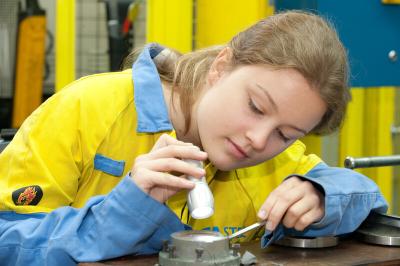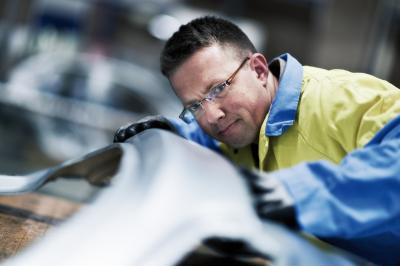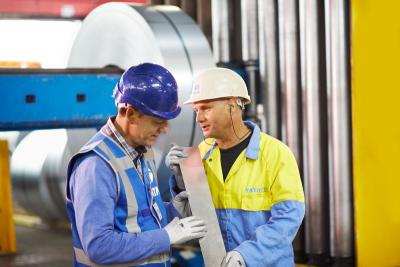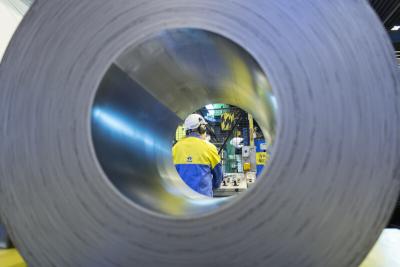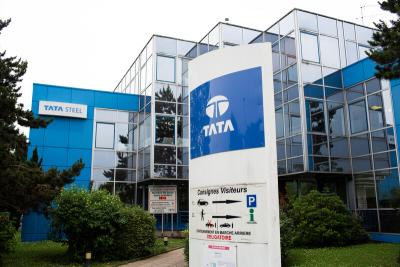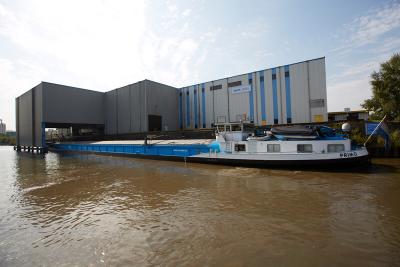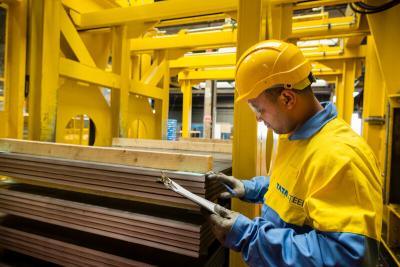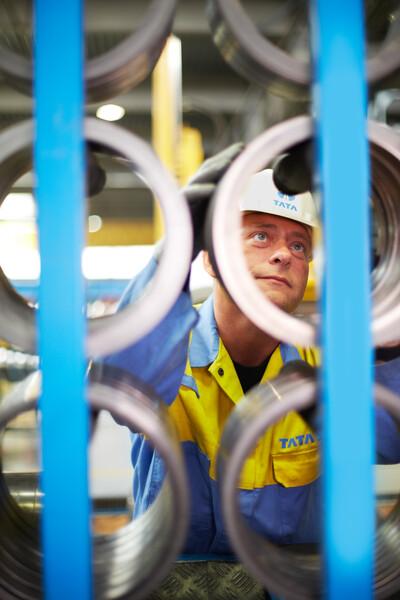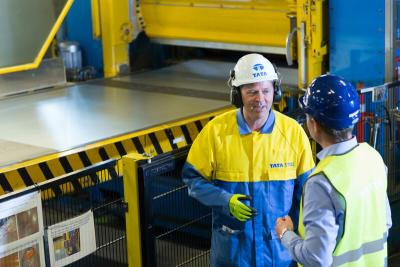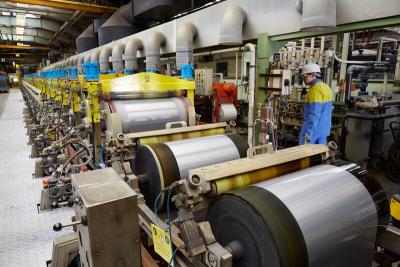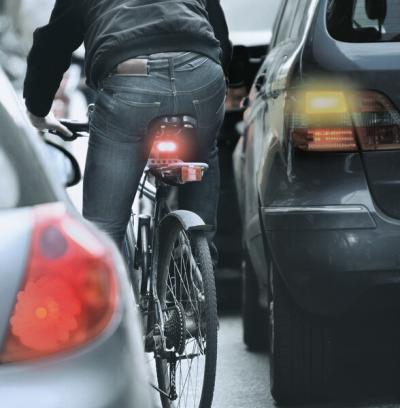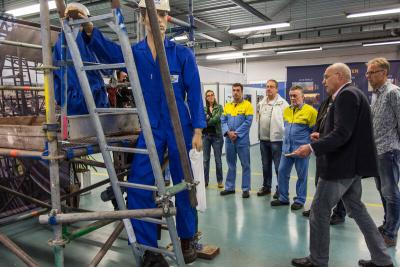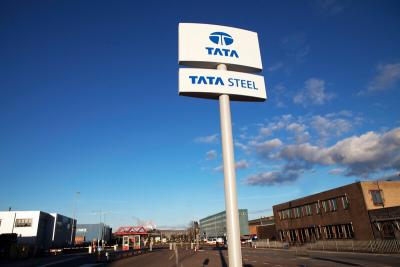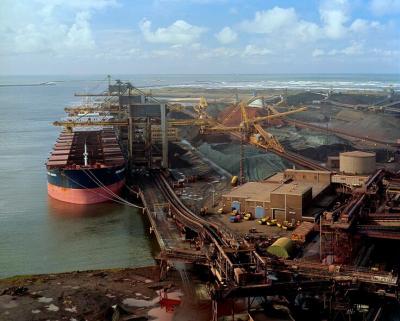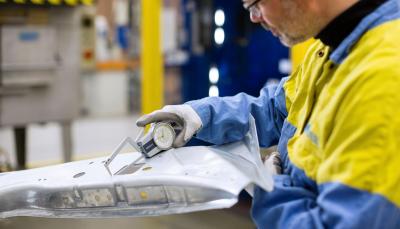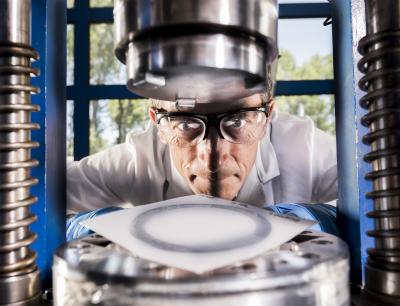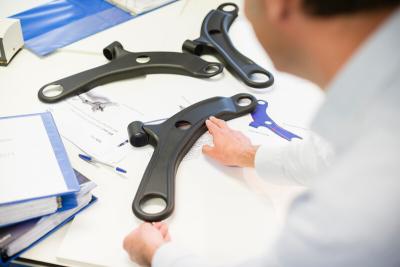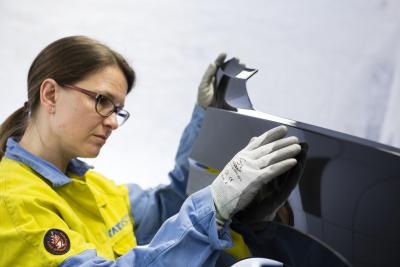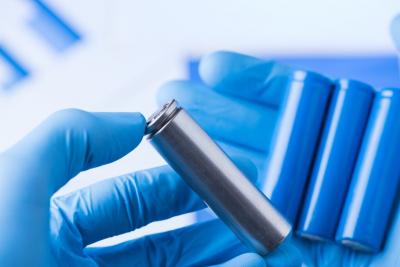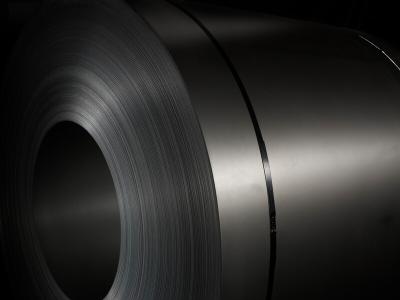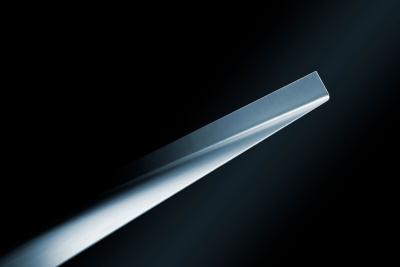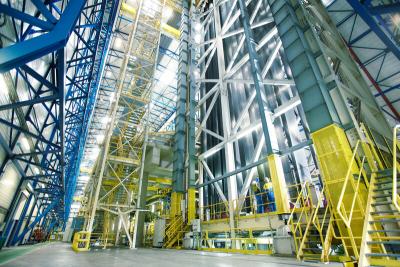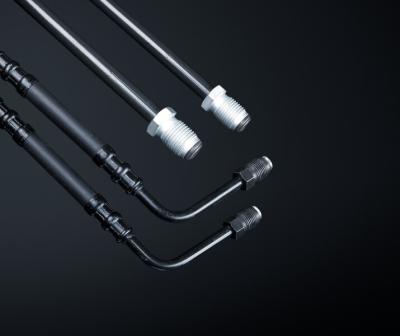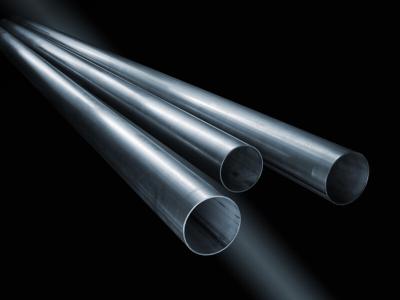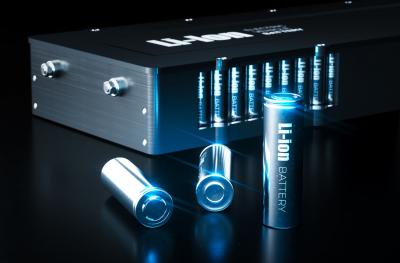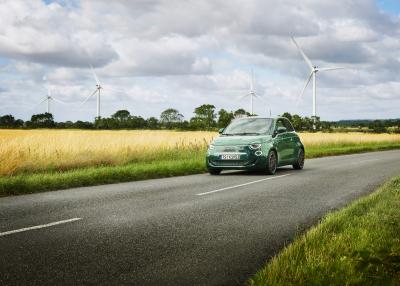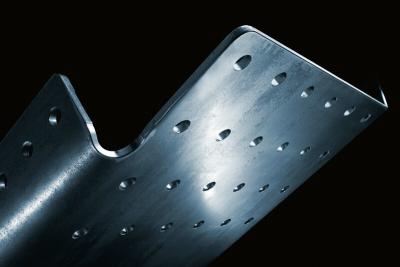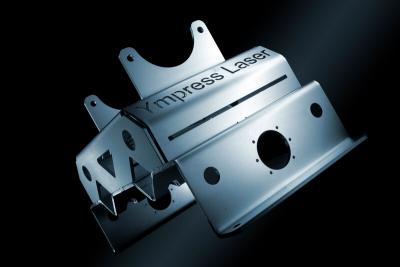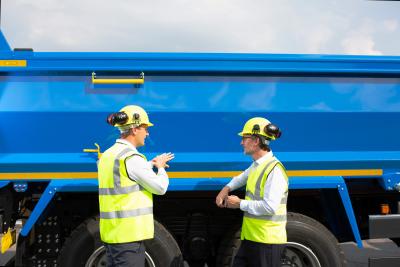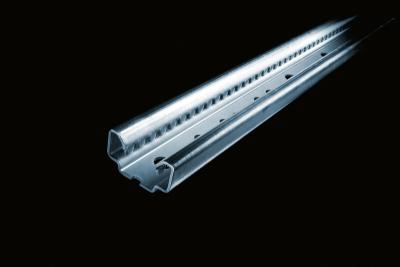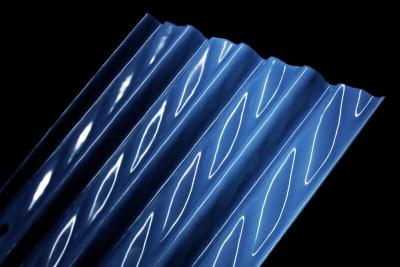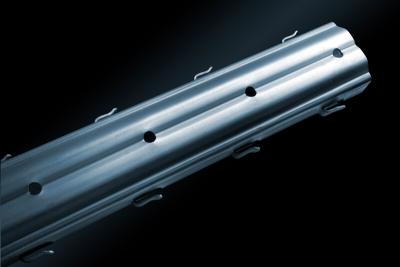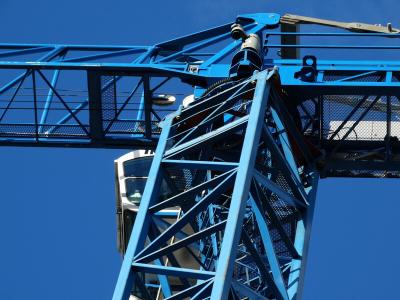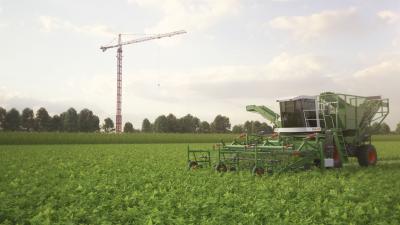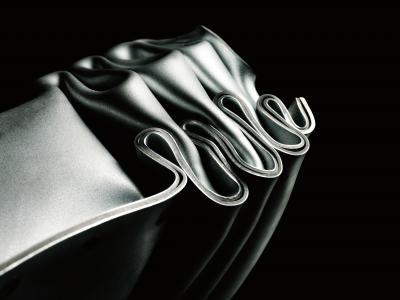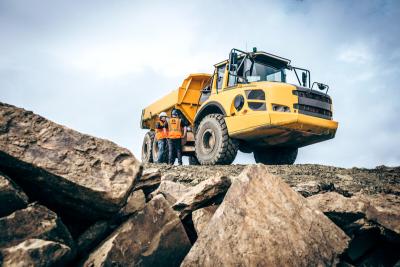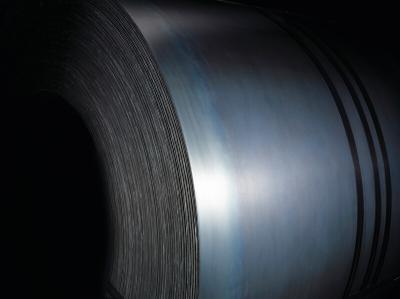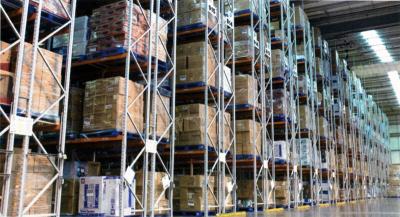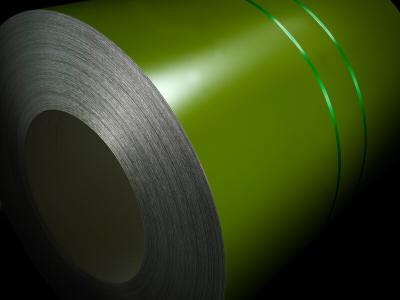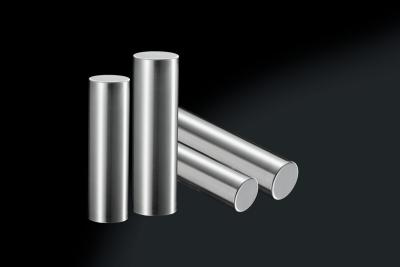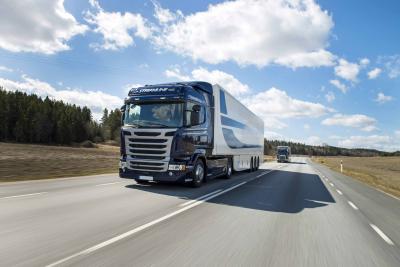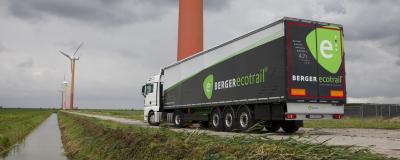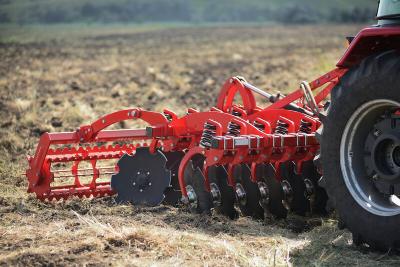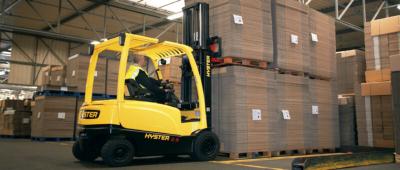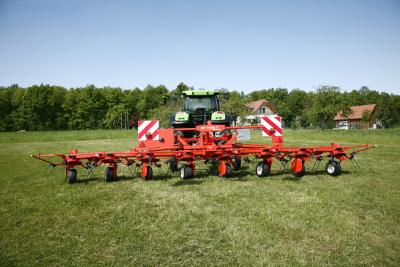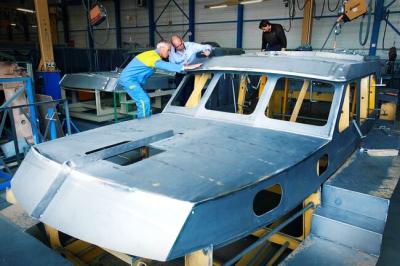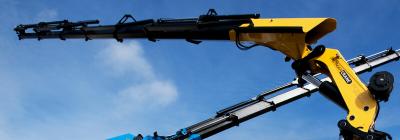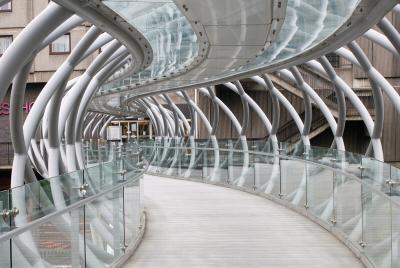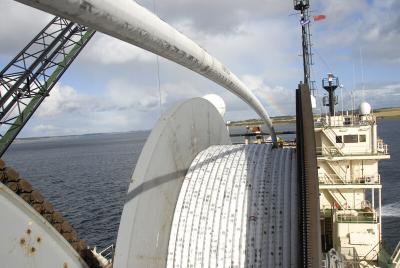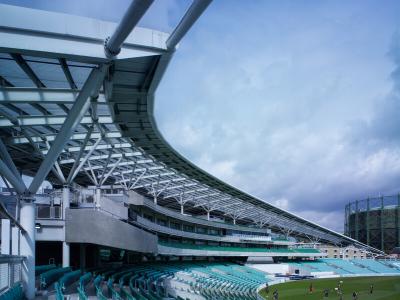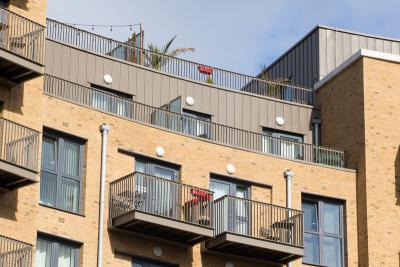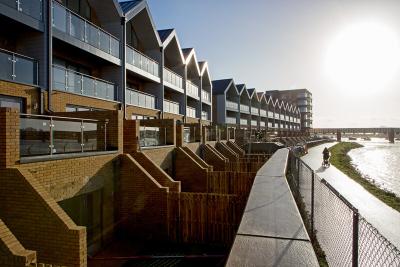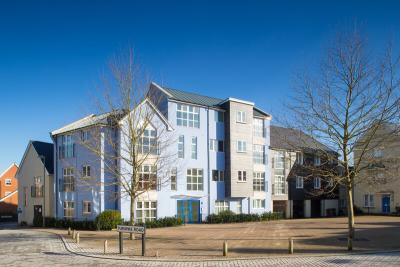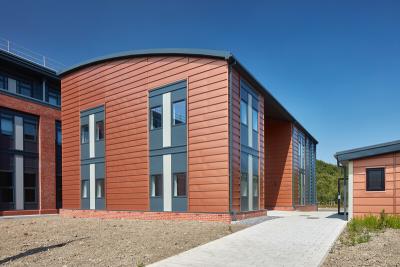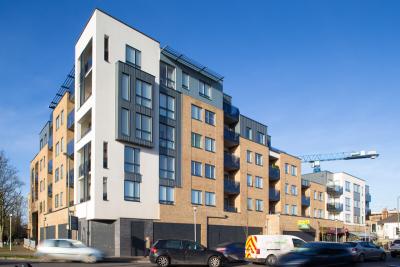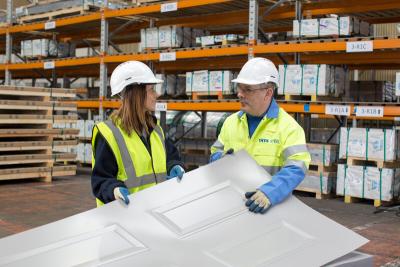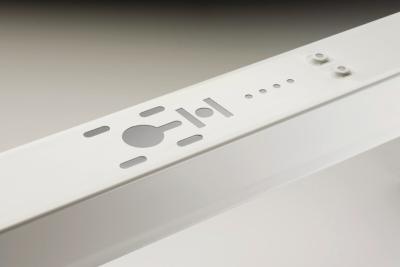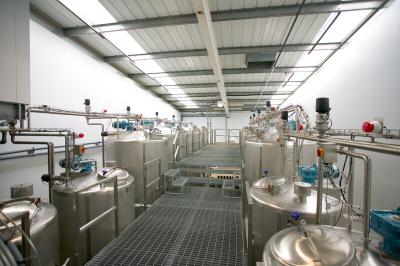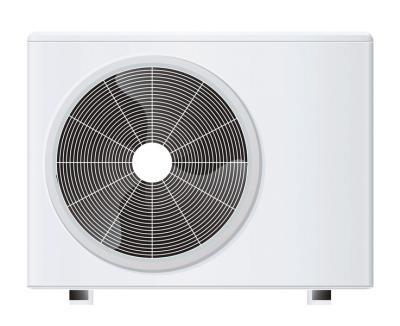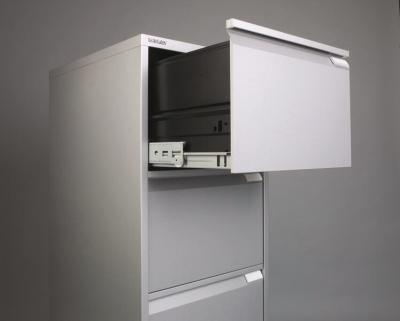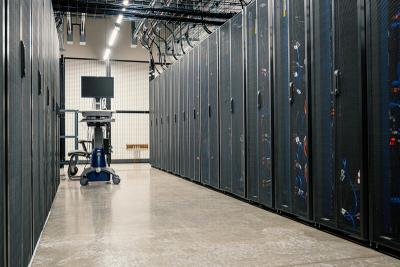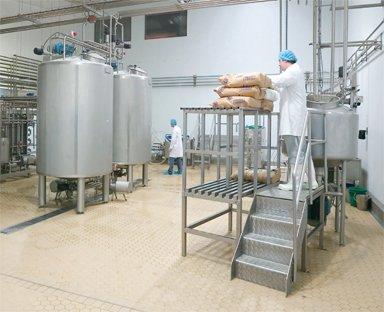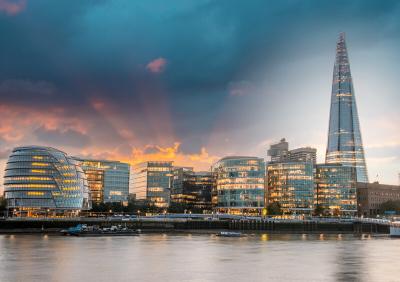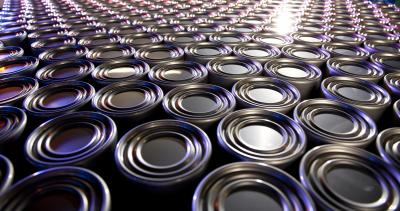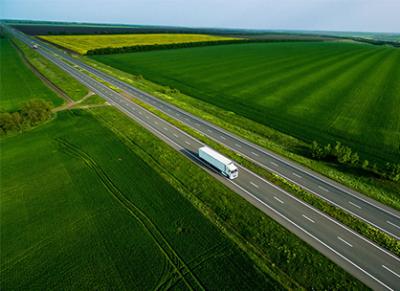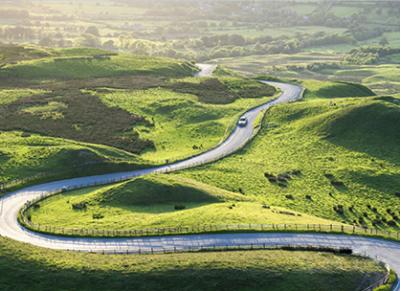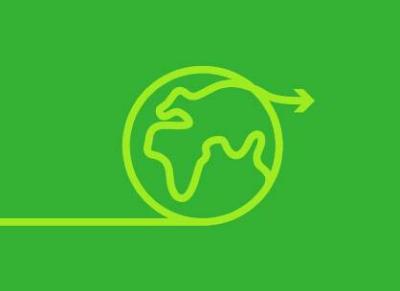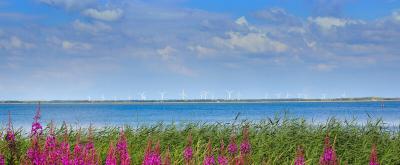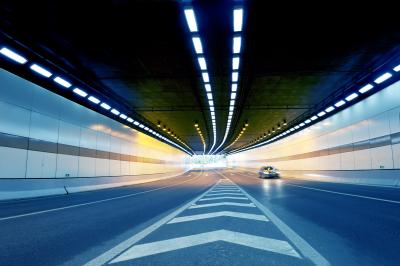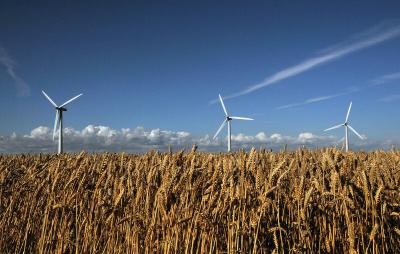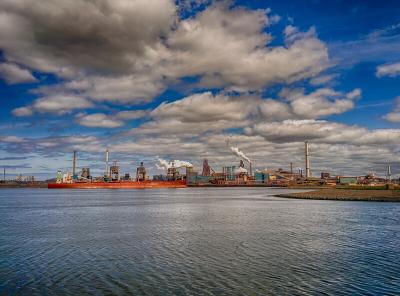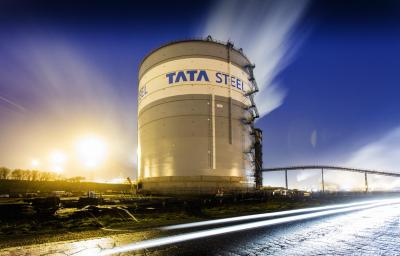The Catnic business is a Tata Steel Enterprise, located in Caerphilly, South Wales, which sells products into residential construction. In particular, the site produces steel lintels and steel profiles from steel strip predominantly supplied by Tata Steel’s Ijmuiden, Shotton and Llanwern Works.
The Catnic business is a Tata Steel Enterprise located in Caerphilly, South Wales. In particular, the site produces steel lintels and steel profiles from steel strip predominantly supplied by Tata Steel’s Llanwern Works.

Greenhouse gas emissions
Catnic aims to reduce the carbon footprint at its operational site, and has maintained steady energy usage whilst increasing production. Strategies for delivering this include:
- A focus on operational energy reduction initiatives. The site has converted one of the main lintel curing ovens from infrared electricity to infrared gas. This process change has reduced electricity usage on site, removing the need to quench the lintels so further reducing water usage on site.
- Light-weighting our products, without any reduction in loading or other performance characteristics.
- Polystyrene block usage on site has been reduced to the lowest possible level.
- Upgrading energy efficient lighting across the site, including replacement with LEDs and fitting light sensors where possible.
- The fork-lift truck fleet operating on the site has been reduced.
- Increasing the energy efficiency of lines to allow greater production without a significant increase in energy usage.
Resource use and waste management
Catnic has an objective to increase the amount of site waste being recycled and/or re-used, and to reduce waste to landfill, year on year. Areas of focus include:
- Reducing the amount of waste going to landfill. We have improved waste segregation for plastic and paper across the site.
- Recycling of Dry Mixed Recyclable (DMR) office wastes was introduced in 2011, whereby paper and recyclable office and canteen wastes are processed by a licensed waste processor.
- All Coil Packaging Materials are currently being recycled and are being reviewed to further reduce the amount of packaging material coming in.
- Optimising product design to reduce material content.
- Improving spray guns to reduce the amount of unnecessary powder coating applied.
- A key customer returns unsold products for remanufacture and resale
- Polystyrene off cuts and other production plastics are returned to the supplier for recycling
- Re-using pallets where possible, and returning to suppliers
Water extraction
Catnic has an objective to reduce the amount of process water being used, and to reduce the impact that its water emissions have on the environment, as it discharges into ecologically sensitive areas. Areas of focus include:
- Local treatment of incoming waters.
- Processing contaminated waters through on-site interceptor tanks
- Identifying opportunities for water reuse through the installation of chillers and cooling towers.
- Implementing process improvements to reduce the use of water with infra red gas oven Line 2, requiring less cooling for finished products.
Transport impacts
Transport impacts are managed centrally within Tata Steel and, as such, it is not possible to disaggregate the transport impacts associated with the production and delivery of Catnic products from the total estimate of Tata Steel transport impacts.
However, in addition to the Tata Steel total figure presented elsewhere on this website, an additional impact of 650 tonnes CO2 per annum has been calculated for the delivery of non-Tata Steel raw materials to the Caerphilly site from their points of manufacture (including the transportation of steel to and from an off-site post-galvanising operator).
Employment and skills
Tata Steel applies a common approach to employment and skills at all, of its sites.
Local communities
Catnic site has a strong association with the local community not least because many of our employees live locally. Our main community activities include:
- Building relationships with local schools, facilitating work experience placements, and offering interview practice
- Supporting community groups with annual funding initiatives
- Organising multiple fundraising activities at Catnic site during the year
- Supplying building products to local educational facilities to assist in the training of students.
Performance data
| Catnic | 2016 | 2017 | 2018 | 2019 | 2020 | 2021 | 2022 | ||||||||
|---|---|---|---|---|---|---|---|---|---|---|---|---|---|---|---|
| CO2 emission (t) | Direct scope | 834 | 875 | 872 | 871 | 922 | 838 | ||||||||
| Worldsteel scope | 3,151 | 3,287 | 3,311 | 3,171 | |||||||||||
| Water use (m³) | 4,754 | 5,486 | 5,096 | 5126 | 5126 | 3877 | 3464 | ||||||||
| Waste disposed (t) (% of waste produced) | 45 | 78% | 90 | 83% | 99 | 77% | 68 | 80% | 71.14 | 73% | 88.9 | 80% | 71.9 | 81% | |
| Waste recovered (t) (% of waste produced) | 13 | 22% | 19 | 17% | 29 | 23% | 17 | 20% | 26.52 | 27% | 22.1 | 20% | 17.2 | 19% | |
| Justified complaints (n) | 2 | 1 | 1 | 4 | 2 | 1 | 1 | ||||||||



